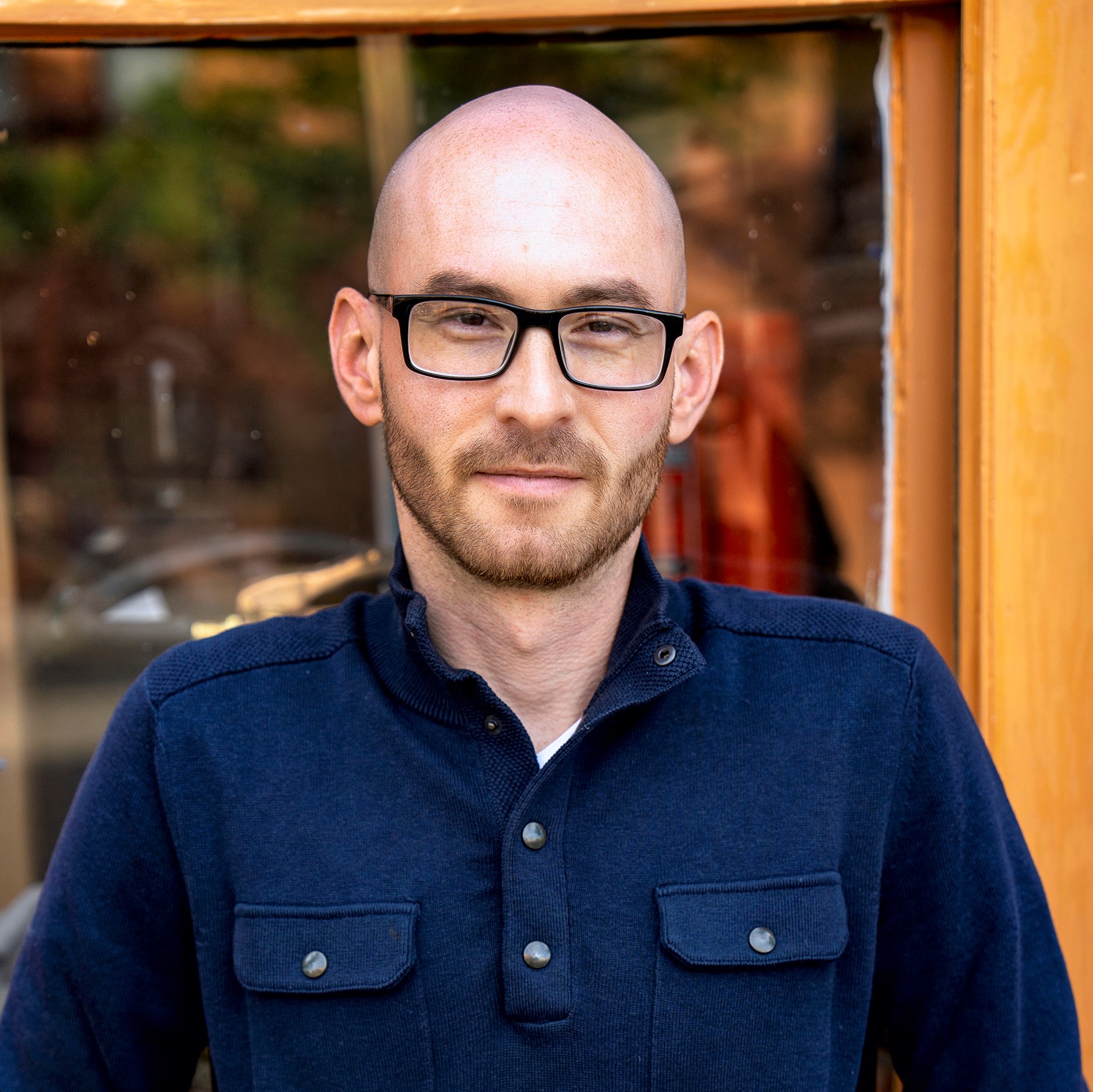
David Korostyshevsky, Ph.D.
- Visiting Assistant Professor
- Early America, History of Science, Technology, and Medicine, Legal History, History of Alcohol and Drugs
Additional Information
Education
Ph.D., History of Science, Technology, and Medicine, University of MinnesotaM.A., History, University of New Mexico
B.S., Biology, University of Toledo
Background
I am an interdisciplinary historian whose research addresses the history of concepts like compulsion, mental capacity, and risk and how they shape productions of medical and legal personhood. My first book will explore how medical framings of compulsive alcohol consumption shaped the governance of habitual drunkards across guardianship, divorce, and life insurance litigation.
My teaching is centered on making historical knowledge accessible and relevant to students, scholars, and the public. I harness the power of writing, self-reflection, and collaborative learning to move beyond the memorization of names, events, and dates. Instead, I show that history is an active study and interpretation of historical documents and scholarship. I am deeply committed to creating inclusive learning environments by prioritizing underrepresented voices on the syllabus and assigning low-stakes and self-reflective writing so students can work with challenging new ideas without the fear of “getting it wrong.”
I want students to leave my classroom with a greater appreciation for the complexity of historical analysis, sensitivity to silences and omissions in historical knowledge, and the ability to critically evaluate the reliability and significance of information. Ultimately, I strive to make historical knowledge accessible and relevant so that students become well-rounded, socially conscious citizens.
Publications
“An Artificial Appetite: The Nineteenth-Century Struggle to Define Habitual Drunkenness,” Bulletin of the History of Medicine vol. 9, issue 2 (Summer 2024): 175-204.
“Corrupting the body and mind: distilled spirits, drunkenness, and disease in early-modern England and the British Atlantic world,” in Alcohol, psychiatry and society: Comparative and transnational perspectives, c. 1700-1990s, Waltraud Ernst and Thomas Müller, eds. (Manchester University Press, 2022), 36-65.
“Valuing Process over Product: Writing to Learn in the Undergraduate History Classroom,” Teaching History: A Journal of Methods vol. 46, issue 1 (2021): 10-22 [with Genesea M. Carter].
“Beyond Cardiac Surgery: Owen H. Wangensteen and the University of Minnesota’s Contributions to Mid-Century Surgical Science,” Minnesota Medicine (January/February 2018): 22-25.
Additional Information
Education
Ph.D., History of Science, Technology, and Medicine, University of MinnesotaM.A., History, University of New Mexico
B.S., Biology, University of Toledo
Background
I am an interdisciplinary historian whose research addresses the history of concepts like compulsion, mental capacity, and risk and how they shape productions of medical and legal personhood. My first book will explore how medical framings of compulsive alcohol consumption shaped the governance of habitual drunkards across guardianship, divorce, and life insurance litigation.
My teaching is centered on making historical knowledge accessible and relevant to students, scholars, and the public. I harness the power of writing, self-reflection, and collaborative learning to move beyond the memorization of names, events, and dates. Instead, I show that history is an active study and interpretation of historical documents and scholarship. I am deeply committed to creating inclusive learning environments by prioritizing underrepresented voices on the syllabus and assigning low-stakes and self-reflective writing so students can work with challenging new ideas without the fear of “getting it wrong.”
I want students to leave my classroom with a greater appreciation for the complexity of historical analysis, sensitivity to silences and omissions in historical knowledge, and the ability to critically evaluate the reliability and significance of information. Ultimately, I strive to make historical knowledge accessible and relevant so that students become well-rounded, socially conscious citizens.
Publications
“An Artificial Appetite: The Nineteenth-Century Struggle to Define Habitual Drunkenness,” Bulletin of the History of Medicine vol. 9, issue 2 (Summer 2024): 175-204.
“Corrupting the body and mind: distilled spirits, drunkenness, and disease in early-modern England and the British Atlantic world,” in Alcohol, psychiatry and society: Comparative and transnational perspectives, c. 1700-1990s, Waltraud Ernst and Thomas Müller, eds. (Manchester University Press, 2022), 36-65.
“Valuing Process over Product: Writing to Learn in the Undergraduate History Classroom,” Teaching History: A Journal of Methods vol. 46, issue 1 (2021): 10-22 [with Genesea M. Carter].
“Beyond Cardiac Surgery: Owen H. Wangensteen and the University of Minnesota’s Contributions to Mid-Century Surgical Science,” Minnesota Medicine (January/February 2018): 22-25.